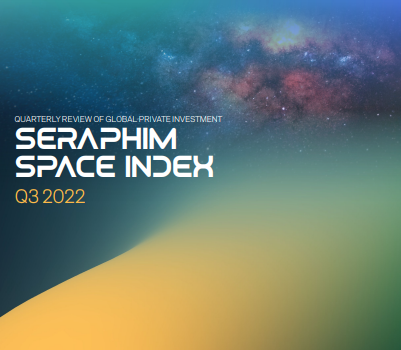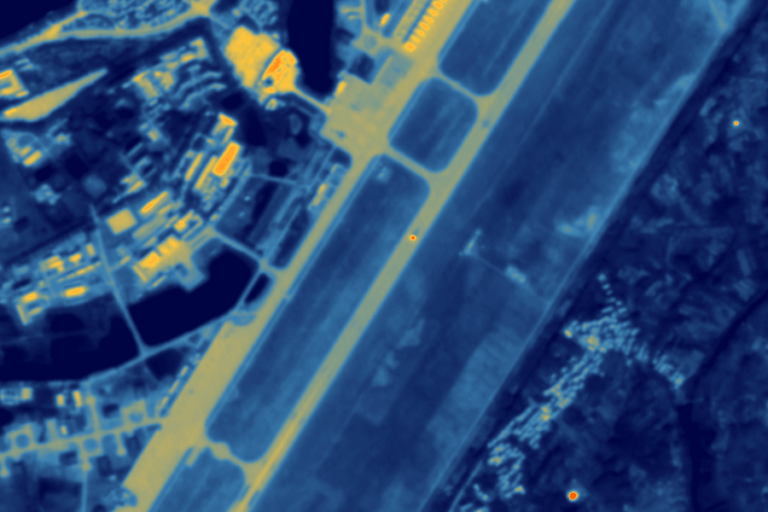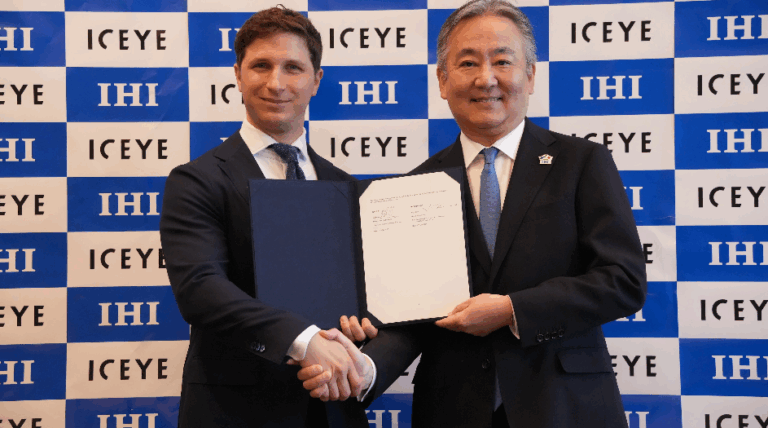We always get a lot of questions on our Space Index. Following the release of our Q3 Space Index 22 which you can view here we thought we’d summarise a few of the key points.

- Despite the economic downturn, SpaceTech investment for 2022 remains near an all-time high, with $12.2bn invested over the past 12 months matching the same level in 2021.
- The trends in Space Tech investment have developed over the last quarter, with a big focus on investment into start-up companies, making up 79% of transactions in an early stage, with the remaining 21% being later-stage transactions. This led Seraphim to record 74 Seed deals in Q3 (up 64% from Q2).
- Asia is the fastest-growing region in relation to backing space start-ups, but all markets have seen extraordinary increases. Asia saw investment increase 216%, while the EU recorded a 150% increase and 146% US.
- Q3 2022 experienced a record 27 companies within the Build category. Build encompasses companies manufacturing space hardware, robotics, propulsion systems, or software/engineering solutions for space systems. This increase suggests investors now see the space market as sufficiently large to invest in companies, with a focus on the atmosphere service space companies. Build space companies may be attractive, given the nearer term, and (often) more secure revenue generation of companies using hardware and software. AEI’s investment into York Space and Lockheed Martin’s recent $100m investment into Terran Orbital provide examples of this appetite.
- Overall, the split of transactions in Q3 is largely in line with Q2, with an increased focus on downstream technologies (37%), harnessing space technology to help address issues on earth. Seraphim Space anticipates a gradual shift towards greater investment in downstream analytics and applications, solving across climate, communications, mobility and cyber security sectors, as first-mover companies leverage the new capabilities and novel datasets provided by the Upstream investment over recent years.
Commenting on the index report, James Bruegger, Chief Investment Officer for Seraphim Space said:
We are pleased to share that the SpaceTech sector has remained robust during the first three quarters of 2022, despite the continuing difficult market conditions, matching the record levels of investment seen in 2021. Although larger, later stage deals have fallen, early stage investment activity remains high, an indicator that investors continue to buy into the long-term growth potential of the sector. SpaceTech is benefitting from strong secular tailwinds relating to both combatting climate change and boosting global security. Beyond rockets and satellites, we are now seeing increasing amounts of capital being deployed into two contrasting elements of the SpaceTech ecosystem. Firstly, the in-orbit economy – everything from manufacturing in space through to new space stations and even lunar exploration – is now really beginning to take off. Secondly, we are seeing an increase in the number of ‘downstream’ deals being done in software companies looking to use space data to help industries such as insurance adjust to challenges posed by the climate crisis.


